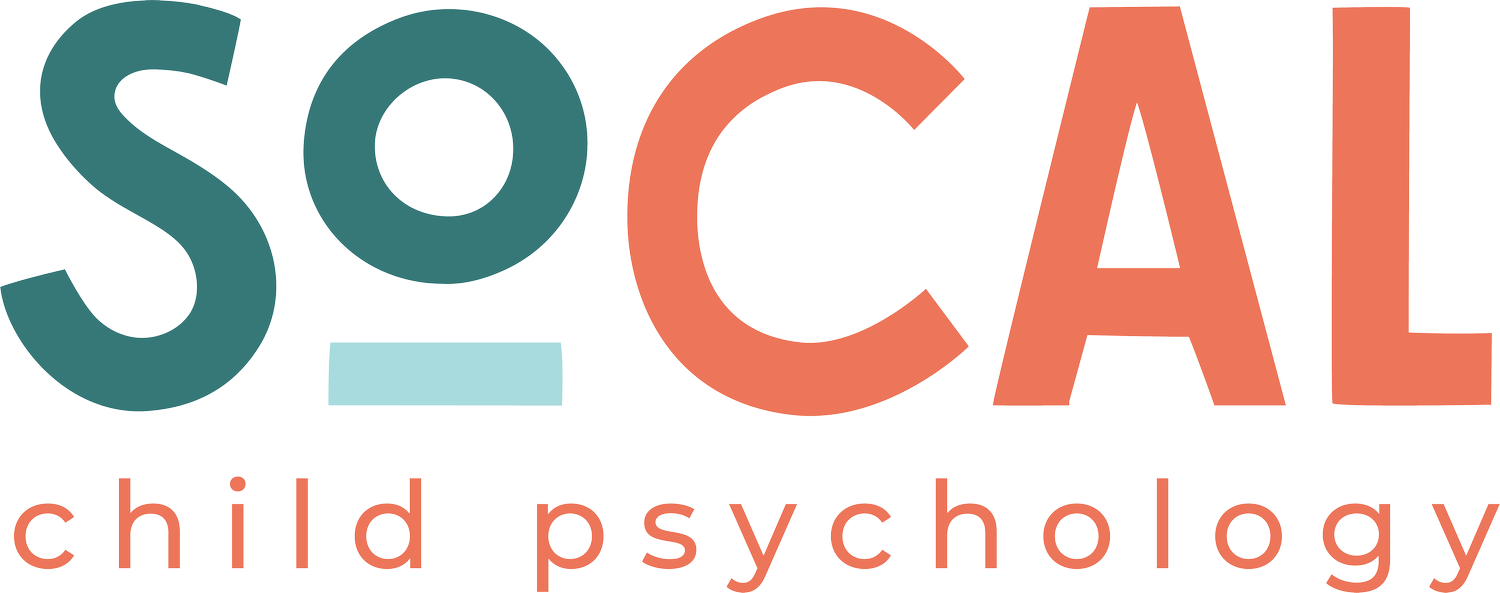The Impact of Social Media on Adolescent Mental Health
Social media is here to stay. It has become an integral part of our lives as a society, and that includes the lives of teens and adolescents.
While there isn’t anything necessarily wrong with allowing kids to take part in social media and sign up for different platforms, it’s important to know some of the potential risks — including the toll it can take on their mental well-being.
Informing yourself and your children of some of these risks can help you decide the best path to take when it comes to social media use in your household.
It can also help your adolescent children better understand how to protect their mental well-being now and in the future.
With that in mind, let’s take a closer look at the impact of social media on adolescent mental health and what you can do to help your children strike a balance.
Self-Esteem Issues
One of the biggest issues adolescents face on social media is comparison.
In fact, it’s something even adults tend to struggle with. But it’s often worse for kids and teens.
They might see their friends or influencers living “perfect” lives and feel bad about their own.
Or, they might see people with what they think are ideal bodies or looks and start to feel inadequate.
This can happen to anyone, but research has shown that young girls are often very susceptible to body image issues triggered by social media.
Things like cyberbullying and online harassment through social media can also contribute to self-esteem issues in children.
People tend to feel emboldened behind a screen, so they say things they might not otherwise say in person.
Children can quickly become victims of these attacks, leading to confidence issues and a negative self-perception.
Sleep Disturbances
One of the most common symptoms associated with anxiety and depression is difficulty sleeping.
Unfortunately, these issues are often cyclical.
The more anxious or depressed you are, the harder it is to get a good night’s sleep.
The less sleep you get, the worse your mental health.
Social media can directly disrupt sleep patterns, especially if children are on devices late into the night.
If they’re already dealing with mental health issues, a lack of healthy sleep can make things worse.
Social media can be somewhat addictive, especially to younger people.
Its algorithms promote constant engagement, and scrolling on an app can boost dopamine levels.
Again, that can fuel their need to be online at all hours, affecting their sleep schedule and how they feel during the day.
Social Isolation
The idea of social media is to foster connection and engagement with other people. But, in many ways, it can have the opposite effect.
Children might become so engrossed with their time on social media that their real-life relationships and in-person interactions take a back seat.
Isolation often takes a major toll on a person’s mental health.
It can create extreme loneliness, leading to depression.
Adolescents need to experience face-to-face relationships for healthy social and behavioral development.
Without those relationships, they could struggle with appropriate social behaviors as they age.
What Can You Do?
You don’t necessarily need to eliminate social media from your child’s life.
However, as a parent or caregiver, it’s important to set boundaries and limits within your home.
Set specific times for your child to engage with social media platforms.
Monitor what they’re posting and what they’re viewing, as well as who they’re interacting with.
Most importantly, make sure they’re staying engaged in real-world relationships and participating in activities that get them away from screens.
If you’ve noticed that their mental health is already suffering and you’re worried social media might be a factor, don’t hesitate to reach out for help.


